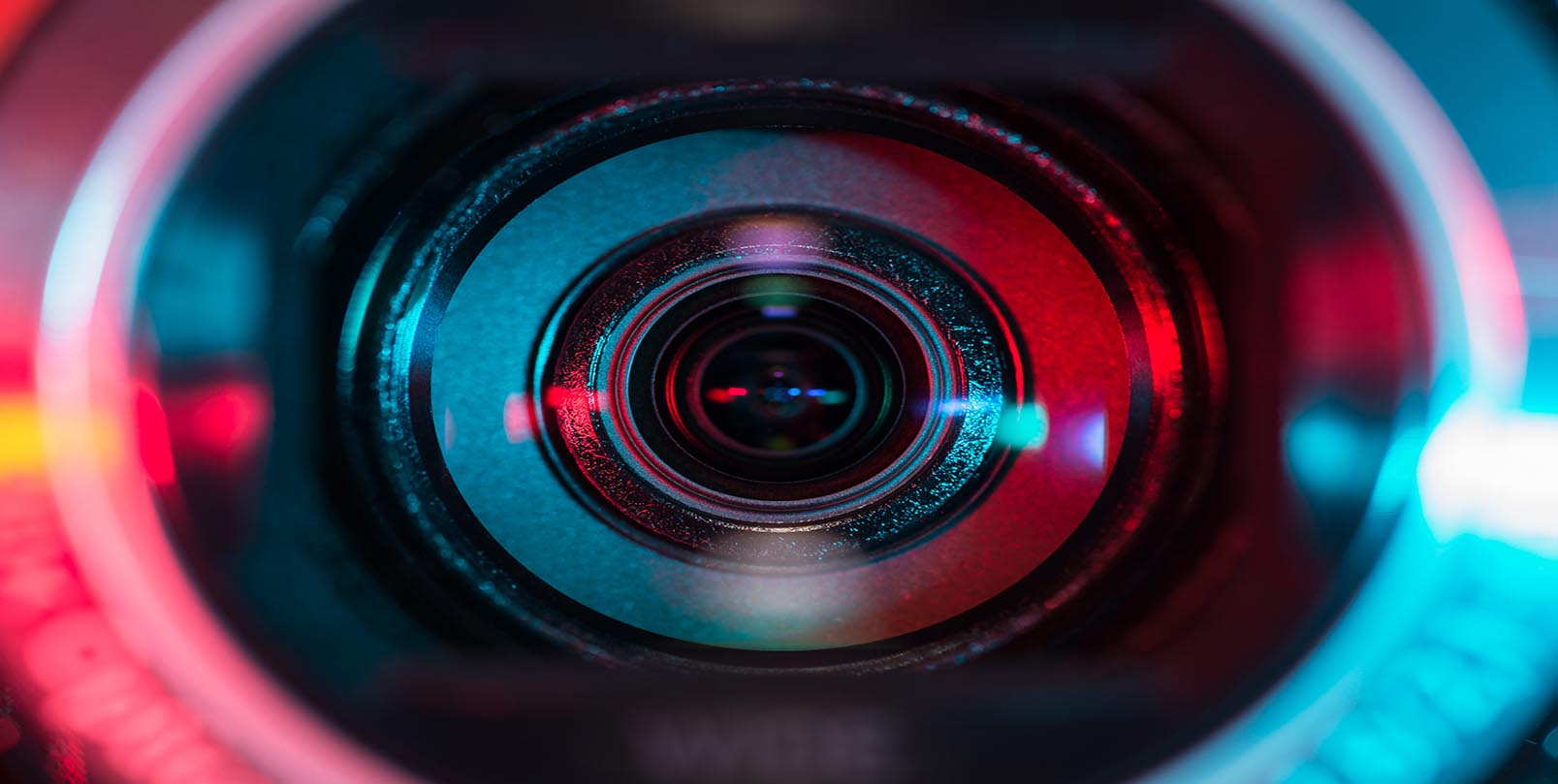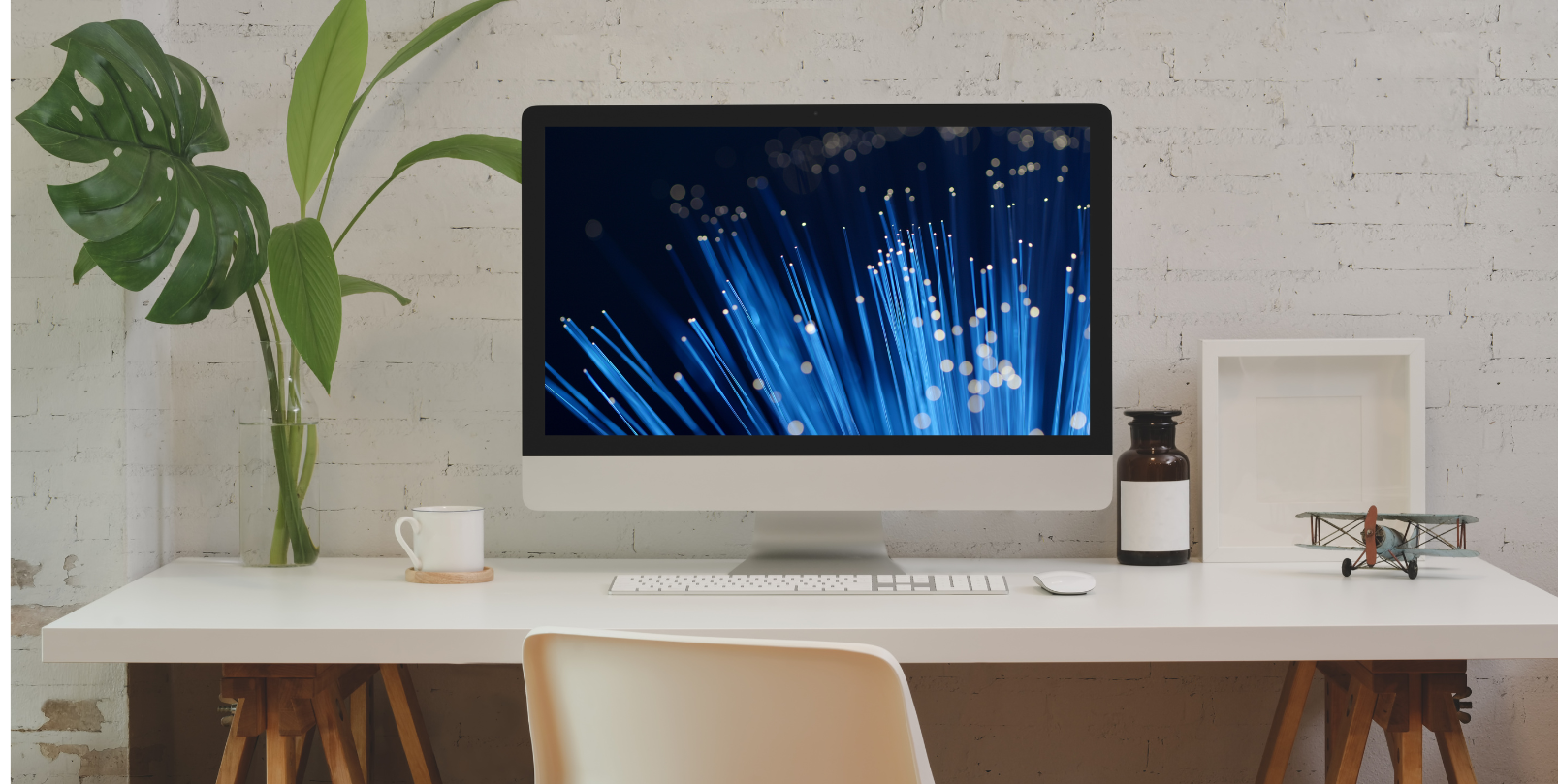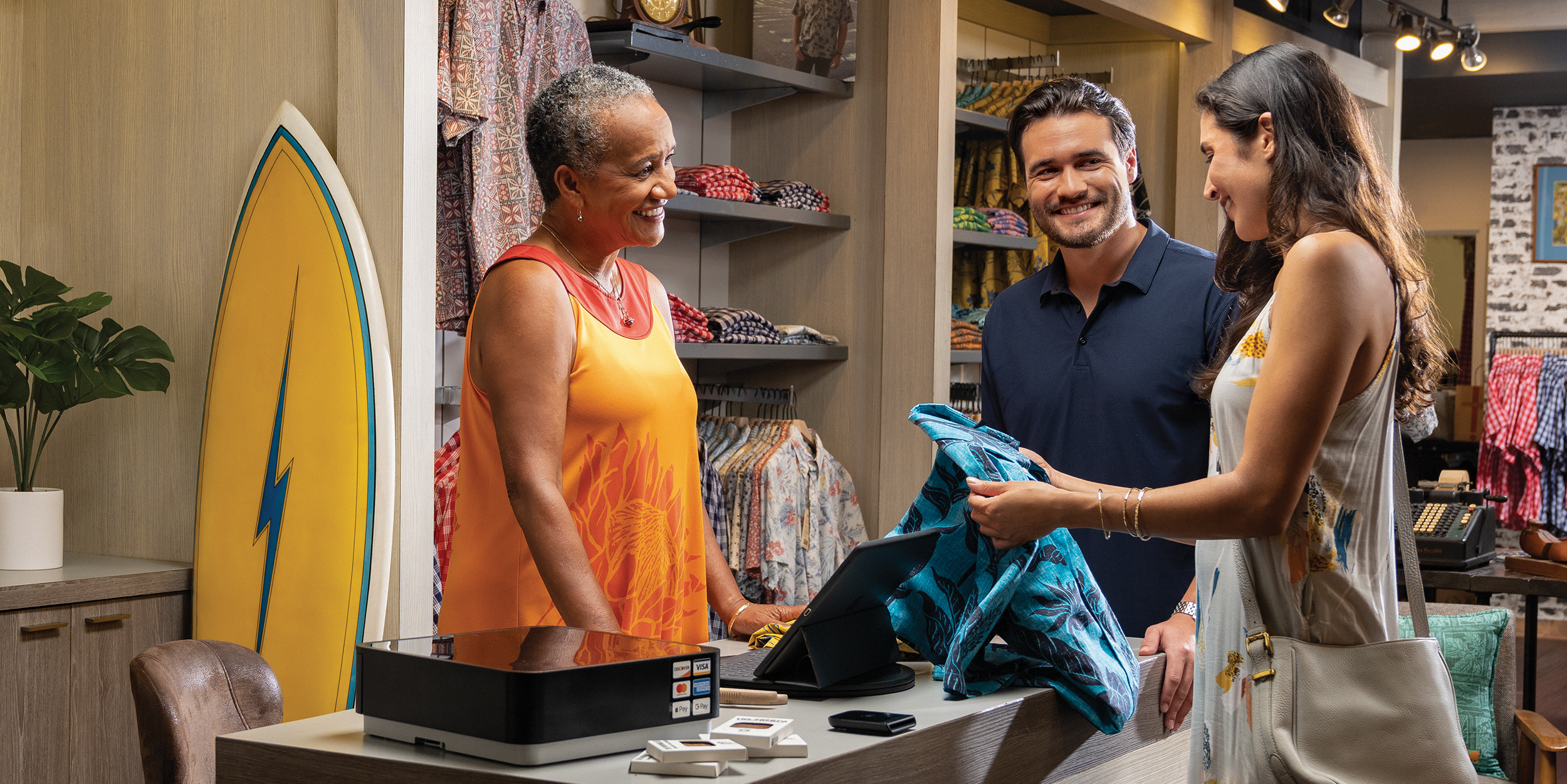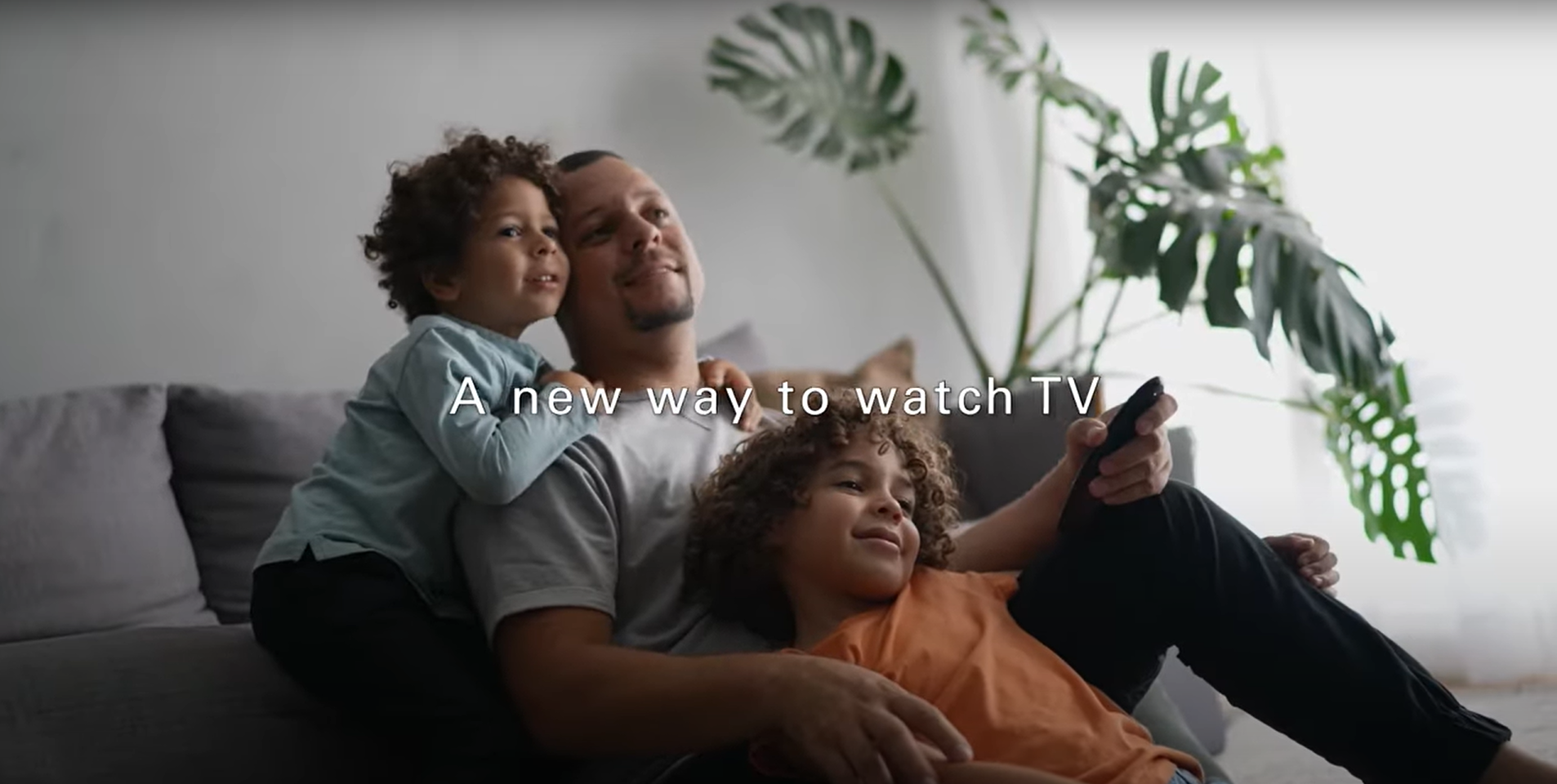Smartphone or Digital Camera – What’s best for me?
Today almost everyone has a camera in their pocket. You use your smartphone to take photos of your kids, a delicious poke bowl, or a beautiful sunset at the beach. For many, using the camera on their phone is “good enough.” But others may want better quality. A digital camera certainly produces better quality photos, but also takes more effort and can be pricier. If you have a smartphone in your pocket, you already have a camera and may wonder if it’s worth the extra expense.
There is a saying in photography that the best camera is the one that's with you. Given the fact that most people look for the biggest convenience, smartphones are a good option for the average consumer. Most people don’t want to carry a bigger camera around their necks, let alone the various additions of things such as lenses, memory cards, and batteries, etc. So, let’s go through some of the pros and cons of smartphone versus digital camera to see what might work best for you.
Aside from convenience, phone cameras are primarily “point and shoot.” This means that most of the settings are automatic so there is no need to adjust for anything such as exposure or white balance when taking a photo. This can also be a negative, as the settings which are available are extremely limited. For example, getting a good quality photo in low light is almost impossible. It’s also simple to take a photo, save it, edit it, and share it on social media – all in one place. The specs on many phone cameras have improved drastically over the years, but the quality still might not be good enough. Smartphone cameras are optimized for social media and smaller screens, meaning photos might look okay on your phone, but if you transfer the image to a computer screen, you would notice pixilation in the images.
Digital cameras have superior quality due to larger sensors and better lens options. Cameras that have detachable lenses you can interchange are the gold standard for photography as it gives you the ability to take different kinds of shots such as macro lens shots for super-close ups, or zoom lenses for farther away images. There’s also a lot of versatility in the settings on digital cameras so you can take photos in low light, with objects that are moving quickly across screen, etc. That said, all of these settings mean a steep learning curve and more effort is required to learn how to use it properly. Information is freely available on places such as YouTube or local photography clubs, however, both these options take time and practice.
In addition, digital cameras can be clunky and especially when combined with all of accessories, it can be difficult to transport and means more steps needed to take a good photo and be able to share it. First, you’d have to set your camera settings to match the lighting situation before you can even start taking photos. Once finished, you’d need to connect the camera to a computer to download the images (although many digital cameras now have WiFi capabilities to provide an instant download). Finally, to get the most out of your photos, edit, upload, and store them. Keep in mind that higher quality images take up more storage space, too! An external drive and cloud storage solution will help you to save and maintain all of your photos.
So ultimately, which option is best? It truly depends on you and your needs. If you are primarily using photos for social media and sharing with friends, a smartphone offers the most convenient option as a one-stop-shop for taking photos, editing them, and sending them off. However, if you are a hobbyist or professional who needs better quality and the ability to adjust settings, a digital camera is the way to go. If you are willing and able to spend a little more time and money, the outcome is worth it.
———
Albert Olsson is the Video Content Specialist at Hawaiian Telcom. Reach him at albert.olsson@hawaiiantel.com.
© Honolulu Star-Advertiser
Visit this article in the Star-Advertiser.







